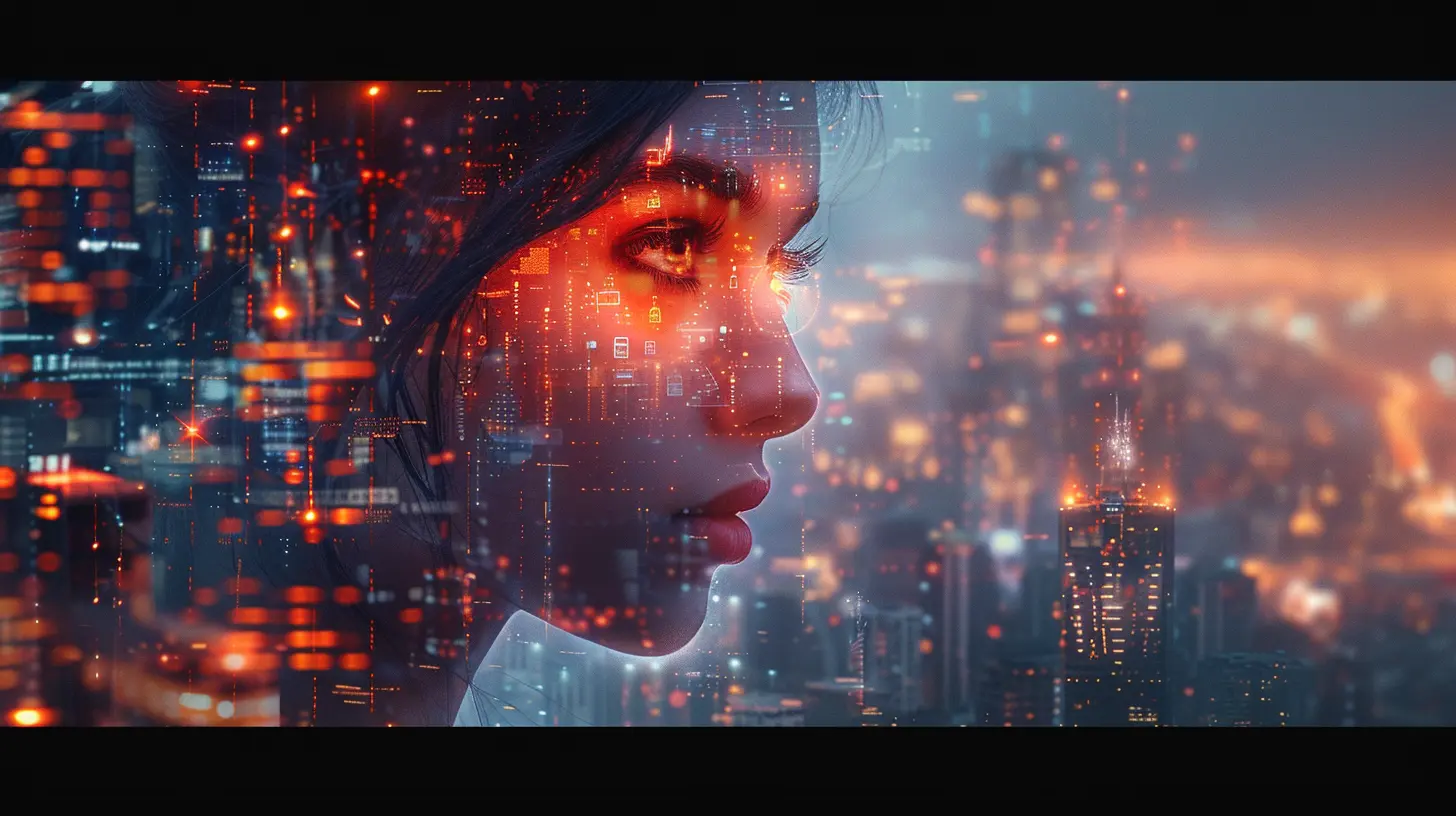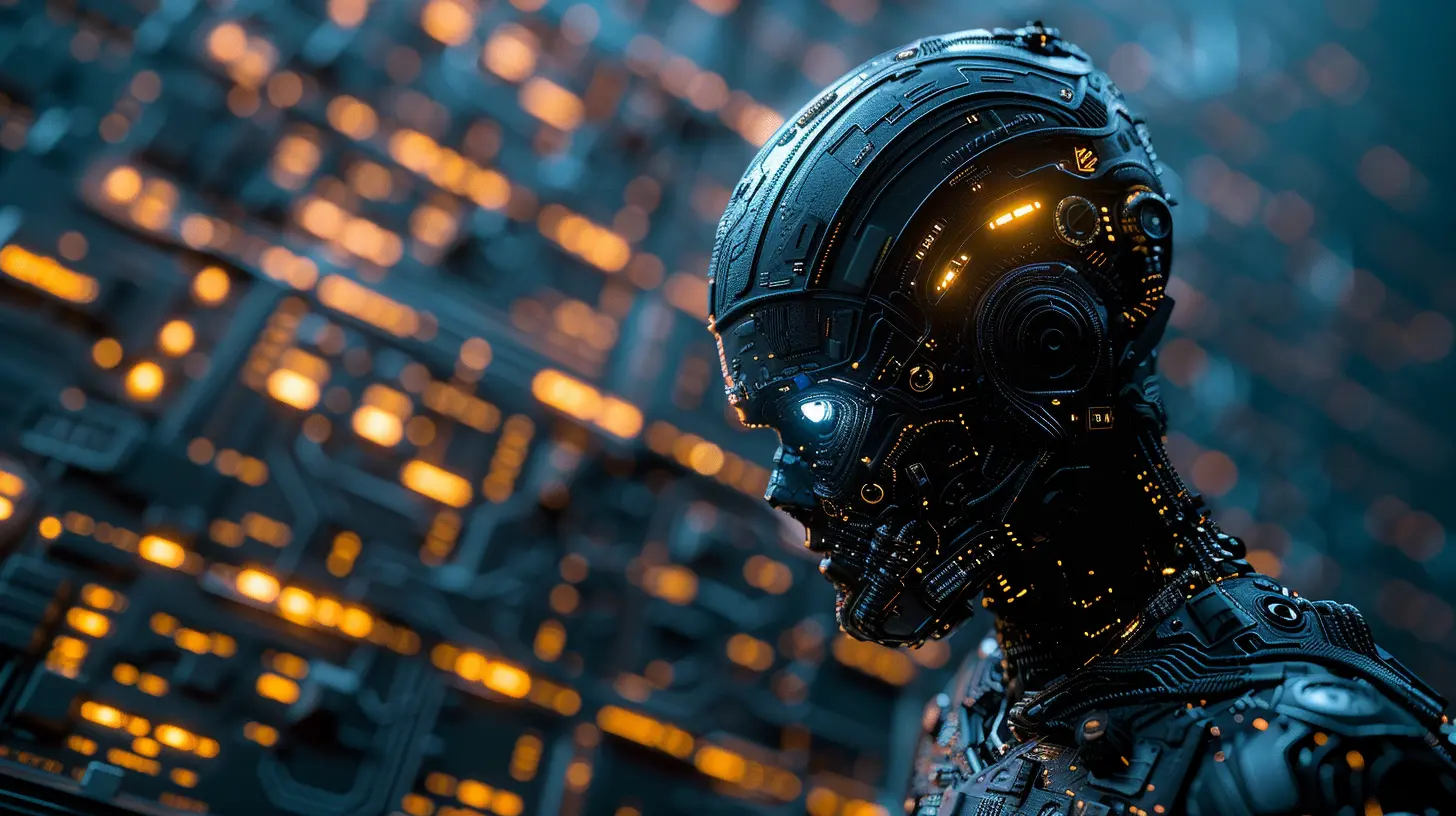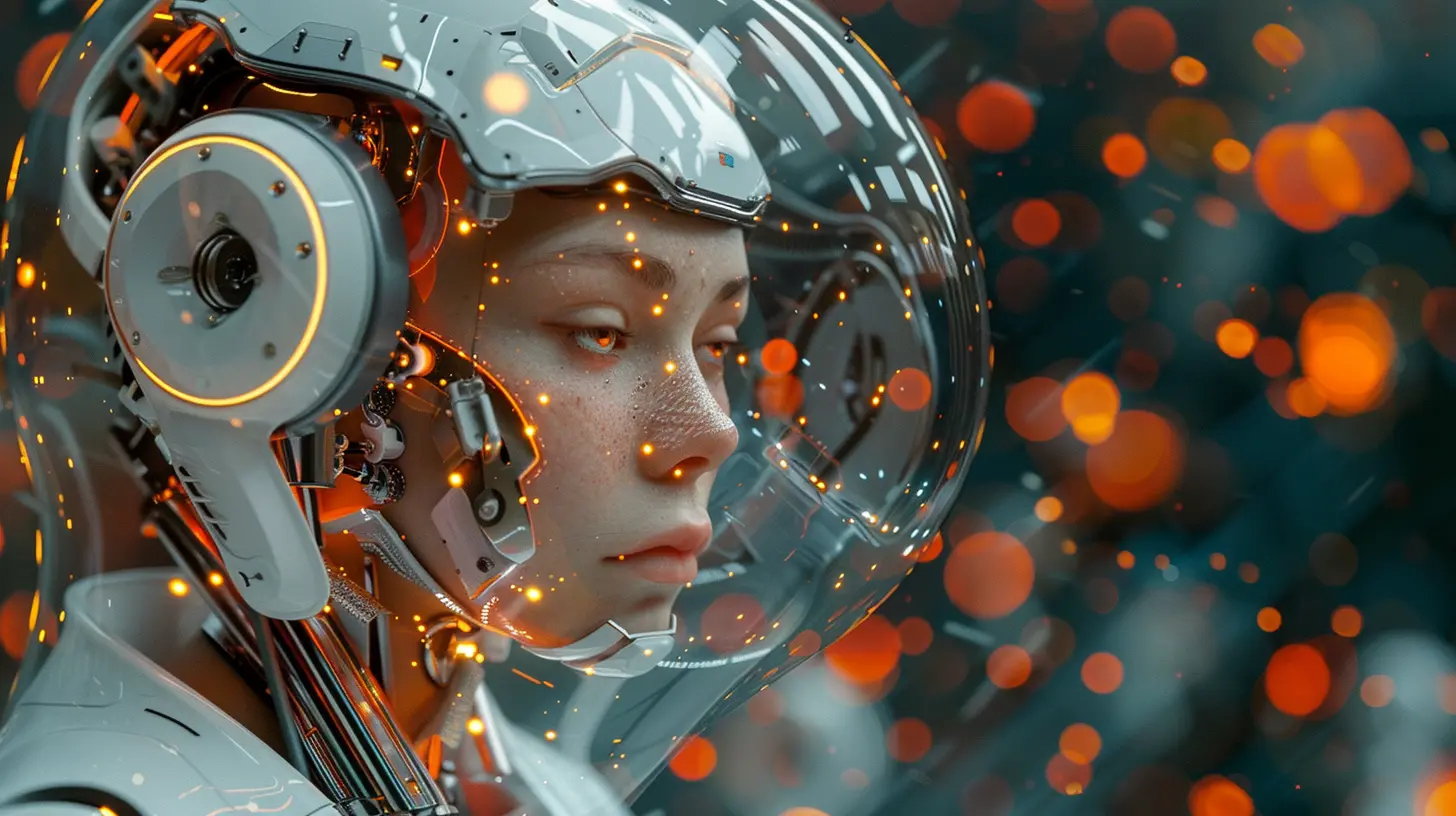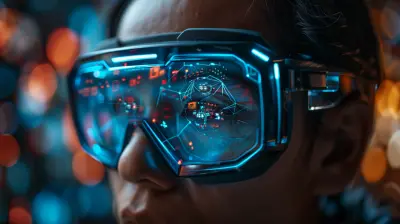The Intersection of AI and Ethics: Navigating the Complexities
7 November 2025
Artificial Intelligence (AI) is everywhere—you can’t scroll through your newsfeed, binge-watch a show, or even chat with your bank without bumping into it. But here’s the thing: with great power (yes, we're going full Spider-Man here), comes great responsibility. And that's where ethics steps in.
When we talk about AI, we tend to focus on its mind-blowing capabilities—autonomous cars, AI-generated art, virtual assistants that remind us to water our plants. But the conversation gets trickier when we ask, “Should AI be doing this?” or “Who’s making the rules for this stuff?”
Let’s take a walk through the exciting yet complicated path where AI meets ethics. Buckle up—it’s going to be a thoughtful journey.
What’s the Big Deal with AI and Ethics?
Alright, so why does everyone suddenly care about AI ethics? Simple. AI is shaping decisions that affect real people in real time. Whether it’s determining who qualifies for a loan or analyzing job applications, AI systems are making life-altering calls.But here’s the kicker: these systems aren’t just magically "unbiased" or "objective." They're built by people. And people? Well, we come with our own baggage—biases, worldviews, assumptions. That means if we’re not careful, AI ends up replicating and even amplifying the flaws in our systems.
Ethics: The Compass Guiding AI
Ethics isn’t just a fancy term for academic debates. Think of it as the moral GPS that guides a technology as powerful as AI. Just like we have traffic laws to make sure cars don’t turn highways into chaos, ethical principles help prevent AI from becoming a runaway train.We're talking about fairness, accountability, transparency, privacy—the good stuff that makes sure AI serves everyone, not just a select few.
Real-World Examples: When AI Gets It Right (and When It Doesn't)
Let’s talk examples, because nothing drives the point home like real-world stuff.AI Gone Wrong
- Predictive Policing: In some cities, AI systems were used to predict where crimes would happen or who might commit them. Sounds smart, right? Not quite. Turns out these systems disproportionately targeted minority communities—because the data fed into them reflected historical bias. They weren’t predicting future crimes; they were recycling past injustices.- Hiring Algorithms: A well-known tech giant had to scrap an AI hiring tool after it was found to be biased against women. The system had been trained on a decade's worth of resumes—and guess what? Most of them came from men. So the AI concluded that being male was a qualification. Yikes.
When AI Gets It Right
- Healthcare AI: AI models are now assisting doctors in diagnosing diseases like cancer faster and more accurately. When trained properly, with diverse data and human oversight, AI becomes a life-saving tool.- Accessibility Tech: From speech-to-text tools for the hearing impaired to real-time translation for non-native speakers, AI can open doors for people who’ve historically been left out.
The key difference? Ethical design and oversight.
The Core Ethical Challenges in AI
Let’s break down the big questions that have experts (and honestly, many of us regular folks) scratching our heads.1. Bias and Fairness
AI systems learn from data—and data isn’t neutral. If an AI's training data is skewed, its decisions will be too. That means developers must actively seek diverse, representative datasets and constantly test for bias. It’s not just a “nice to have”; it’s non-negotiable.2. Transparency and Explainability
Ever heard the term “black box AI”? It refers to systems that make decisions without showing their work. Imagine a judge sentencing someone without explaining why. Crazy, right? That’s why we need transparency—so people can understand how and why AI is making decisions.3. Accountability
If an AI messes up—say, misdiagnoses a patient or causes an accident—who’s responsible? The developer? The company? The AI itself? (Definitely not the AI—it’s not sentient… yet.) Figuring out accountability is crucial for building trust.4. Privacy
AI thrives on data. But how much data is too much? And who owns that data? These questions matter big time, especially when our personal information is one of the most valuable resources today.5. Autonomy and Control
As AI systems become more autonomous, there's a growing fear: are we giving too much control to machines? It's vital to ensure humans stay in the loop, especially in critical areas like military tech, healthcare, and law enforcement.
The Call for Ethical AI: Who’s Leading the Charge?
Great news—many are stepping up.- Tech Companies like Google, Microsoft, and IBM have published ethical principles for AI development.
- Governments worldwide are drafting AI regulations, focusing on privacy, algorithmic accountability, and fairness.
- Academic Institutions are researching frameworks to align AI with human values.
- Nonprofits and Think Tanks like the AI Now Institute and the Future of Life Institute are actively pushing for responsible AI.
But let’s be honest: setting guidelines is one thing. Implementing them? That’s the real challenge.
A Roadmap to Ethical AI (For Everyone)
Ethical AI isn't just the responsibility of coders in Silicon Valley. It’s a team effort—and that team includes you, me, policymakers, educators, designers, business leaders. Here’s what moving forward could look like:1. Build Diverse Teams
Ethical blind spots often result from homogenous groups. Bringing in voices from different backgrounds—gender, race, geography, life experiences—ensures we ask better questions and create better solutions.2. Ethical Design From Day One
Ethics shouldn't be a patch slapped on at the end. It’s like building a house—you don't add the foundation last. Ethical considerations need to be baked in from the start.3. Continuous Auditing and Testing
AI models evolve over time. Regularly revisiting and auditing systems ensures that they’re still performing as they should and not drifting into dangerous territory.4. Educate the Next Generation
AI literacy should be as essential as reading and math. We need people who understand the technical and ethical dimensions of AI, across all fields.AI and Ethics: The Fine Balance Between Innovation and Values
Here’s a tough truth—ethics can slow things down. Implementing rigorous testing, audits, and inclusive design takes time and money. But let’s flip the script: is faster always better?Think about building a car. Would you rather rush production and risk a fatal flaw, or take your time to ensure it's safe? Same logic applies to AI. Responsible innovation isn’t just smart—it’s sustainable.
We can absolutely build cutting-edge technology without throwing our values out the window. In fact, the future of tech depends on it.
Why You Should Care (Even If You’re Not a Techie)
You might be thinking, “This all sounds important, but I’m not building AI. Why should I care?”Because you’re using it. Every. Single. Day.
When AI decides which news you see, how your credit score is evaluated, or whether you get approved for housing—it affects you. And your voice matters in shaping how it's used.
Start asking questions. Support companies that take ethics seriously. Push for policies that protect your rights. Stay curious. Stay informed.
Looking Ahead: A Future We Can Trust
AI isn’t going away. In fact, it's only getting more advanced. But that doesn’t mean we should throw caution to the wind. It means we need to get more thoughtful, more intentional.Imagine an AI future where:
- Bias is actively identified and eliminated.
- Your privacy is honored and protected.
- Decisions made by machines can be explained clearly.
- You always have a human to turn to when things go wrong.
That’s not a pipe dream—it’s a choice. A future that we shape with every decision we make today.
So, next time someone mentions AI, don’t zone out. Lean in. Ask the tough questions. Be part of the conversation. Because the intersection of AI and ethics? It's not just where the tech nerds hang out. It's where we all live.
all images in this post were generated using AI tools
Category:
Tech NewsAuthor:

Gabriel Sullivan
Discussion
rate this article
1 comments
Gavin McAllister
This article effectively highlights the critical balance between technological advancement and ethical considerations in AI. By addressing both the potential benefits and risks, it encourages thoughtful dialogue on responsibility, transparency, and fairness, which are essential for fostering trust and accountability in AI development.
November 12, 2025 at 3:59 AM

Gabriel Sullivan
Thank you for your insightful comment! I'm glad you found the article emphasizes the importance of balancing technological innovation with ethical considerations. Your thoughts on fostering trust and accountability are vital for the ongoing dialogue in AI development.


